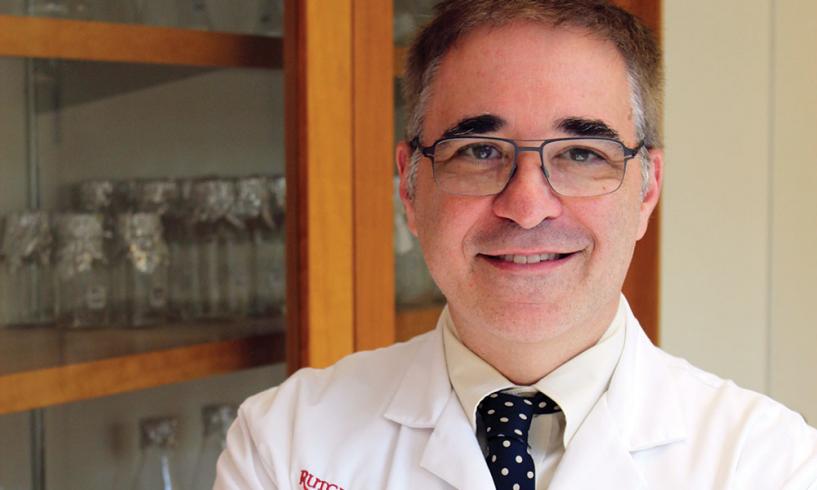There are exciting developments in the field of immunotherapy today.
ONS Immunotherapy Online Course
ONS is introducing the first immunotherapy course for oncology nurses. Hailed as one of the most promising new forms of cancer treatment since chemotherapy, Immunotherapy stands to change the way we treat cancer.
The ONS Immunotherapy online course is the first of its kind. Designed from a clinical perspective, the program educates oncology nurses and other healthcare providers how immunotherapy drugs reprogram the immune system to identify and target cancer cells.
Learn more about this on-demand, online immunotherapy course.
We are seeing much higher response rates with some of the newer forms of immunotherapy, and it seems to work in many different types of cancer. In the past, patients who achieved a complete response with an early form of immunotherapy, interleukin-2—used in patients with melanoma or kidney cancer—had a nearly 90% chance of being alive and cancer free 15 years after treatment. The problem was that it happened only rarely, about 5%–10% of the time, and treatment was associated with considerable side effects.
The real benefit of immunotherapy is the likelihood of seeing durable or, in some cases, even complete responses. An important observation in the past few years is that when two immunotherapy drugs are combined, we see a significant increase in the number of patients who respond. Unfortunately, this is often accompanied by an increased rate of side effects as well.
As scientific discovery continues to expand, we will have more drugs and potential combinations to consider. Understanding whether biomarkers might predict which patients will respond to specific immunotherapy drugs or combination approaches will be an important area of research moving forward.
Immunotherapy’s potential has been known for decades. Its use in the treatment and prevention of infectious diseases led to an aggressive vaccination program, resulting in the elimination of smallpox from the planet. I believe that we are at the threshold of using immunotherapy to do the same thing for cancer. Although the results of the past few years have been nothing short of astonishing, further research is critical to better understanding how these drugs work or why they don’t work in some patients. We need to consider using these agents earlier in the course of disease, such as in the adjuvant setting or even in prevention studies for high-risk individuals. The knowledge emerging from studies of cancer immunotherapy may have important implications for other disease, such as HIV and autoimmune disorders.






